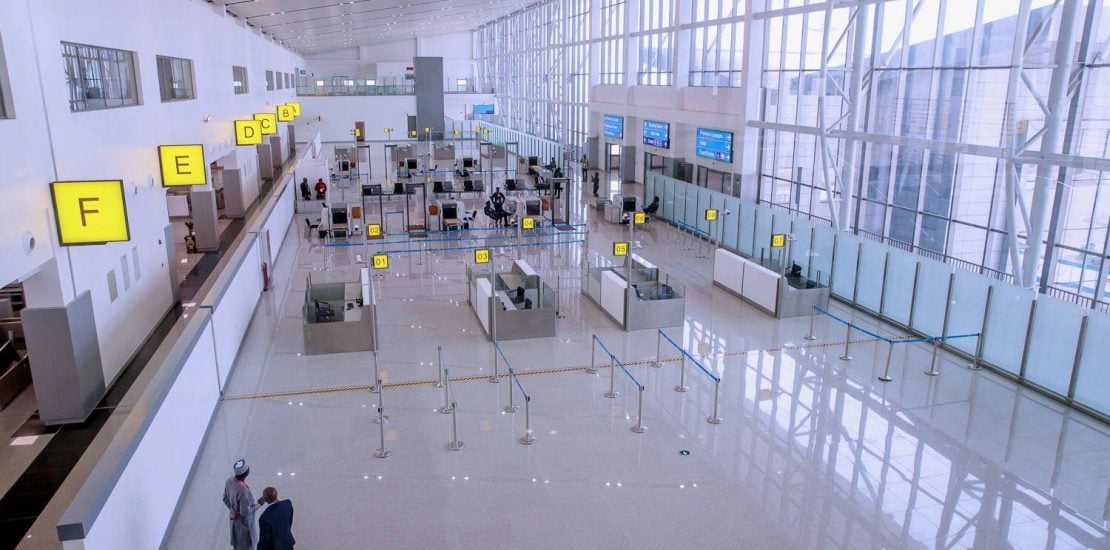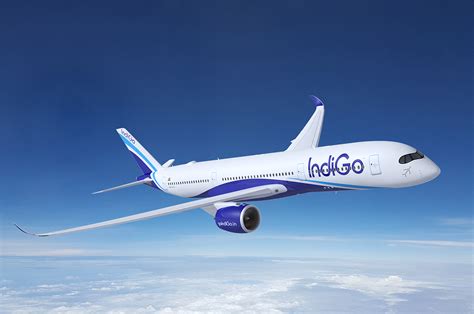
AbujaAirport Nigeria
The last few weeks brought a flurry of activities in Nigeria’s aviation industry. Airlines are springing up as others are on the verge of starting operations.
Just last week, United Nigeria Airline began operations with its Lagos-Enugu route. Green Africa Airline is on the verge of starting operations as the carrier with deep pockets is expected to redefine airline business in Nigeria with their massive investment in aircraft and other equipment that have already started shaking the sector even before it starts.
Just last week, a video of what probably is going to be a new national airline for Nigeria, Nigeria Eagle aircraft surfaced online, further highlighting how interesting the business of airline operations is expected to be this year. The Nigerian Federal Government may have concluded plans to rename Arik Air to Nigeria Eagle as it commences total rebranding of the airline, which is currently under the control of Assets Management Corporation of Nigeria (AMCON).
The two aircraft in the video shows the logo of eagles emblazoned on the aircraft’s engine and painted in green colour, highlighting the seriousness to give the airline a new look and reposition it for efficient services. It is not clear whether the government has concluded plans to transmute Arik into its proposed national carrier or just simply as a change of identity following the government’s takeover of the carrier three years ago.
Others like Value Jet, Rahma Air Nigeria, and Jet Airways are also waiting in the wings for their Air Operator Certificates (AOC) from the Nigerian Civil Aviation Authority (NCAA). Already, the existing airlines are not finding the situation amusing because of the depleted domestic airline market which seems not to have shown significant growth simply because of the economic situation which has made air travel into a luxury for many people.
Road transportation has become the option for many who cannot afford airline tickets despite the dangers on the roads. The air transport subsector in Nigeria according, to Phillips Consulting, accounts for the second-highest share of modal contribution to transport output. The road sub-sector accounts for as much as 84 percent of transport GDP while air transport share in the last couple of years has averaged about 6-7 percent.
The Nigerian airline industry has witnessed a high turnover of domestic airlines since deregulation; generally, many of the local airlines have been short-lived, with many operating for a few years and then folding. There were only eight active scheduled domestic passenger carriers in the Nigerian airline industry, although the total number of active Nigerian registered carriers is put at 23. Many of the existing carriers, and those that have joined the industry, experts said would need to be creative to sustain operations with the huge number of seats that would not be filled by passengers.
Price elasticity suggests that if airfares are reduced on Nigeria’s domestic routes, demand for air travel is likely to increase since these routes are short-haul. Nigeria has the lowest air travel propensity among peer economies like Venezuela and Egypt with similar population sizes.
Views: 2



